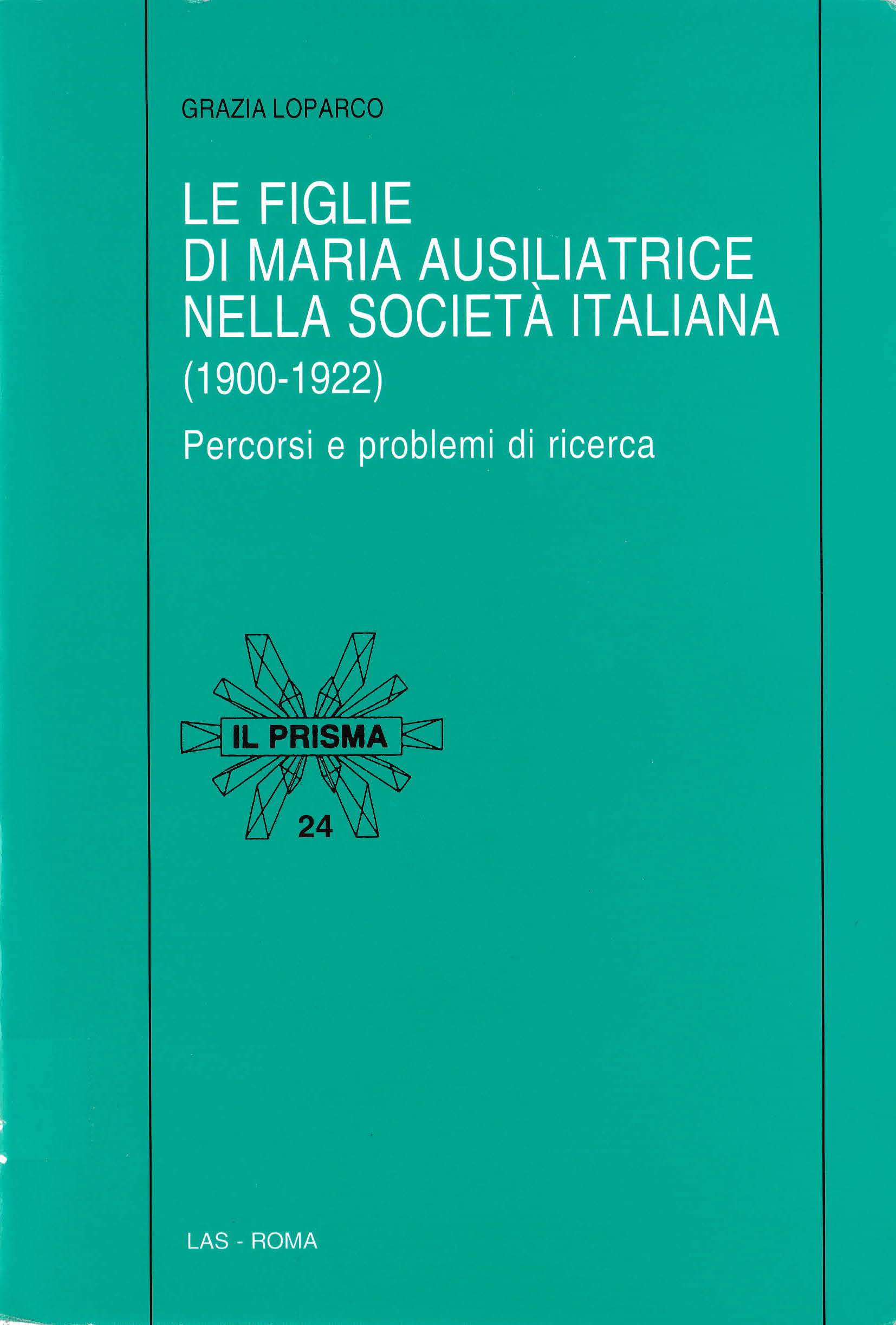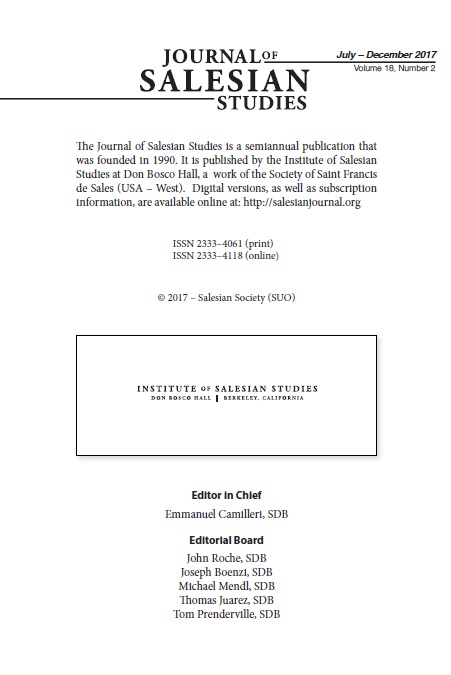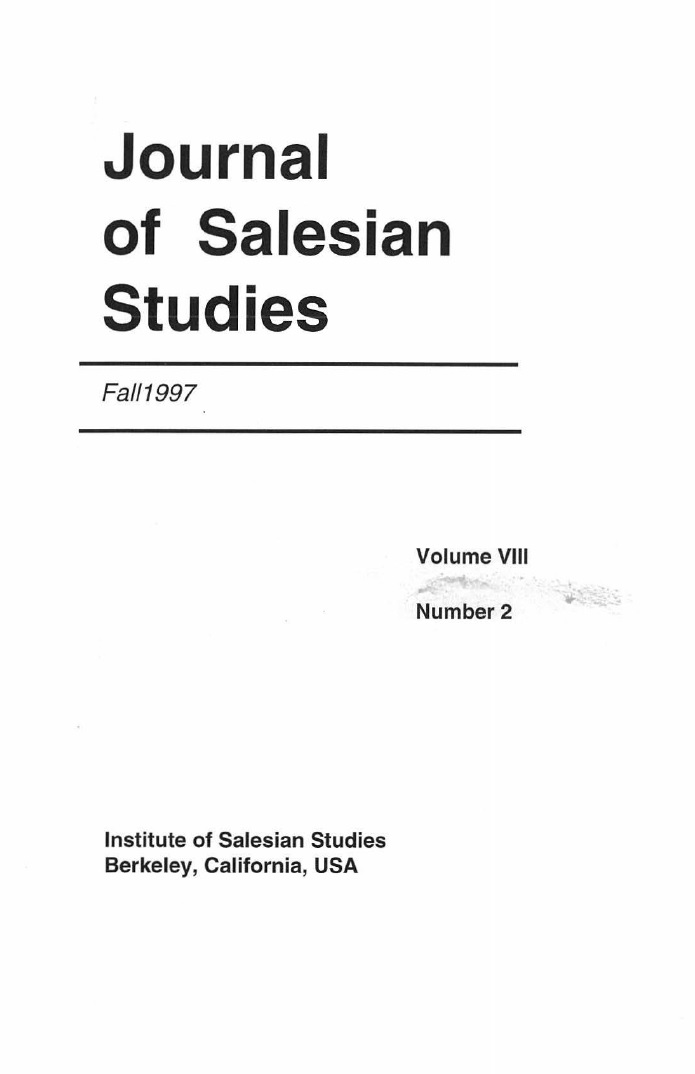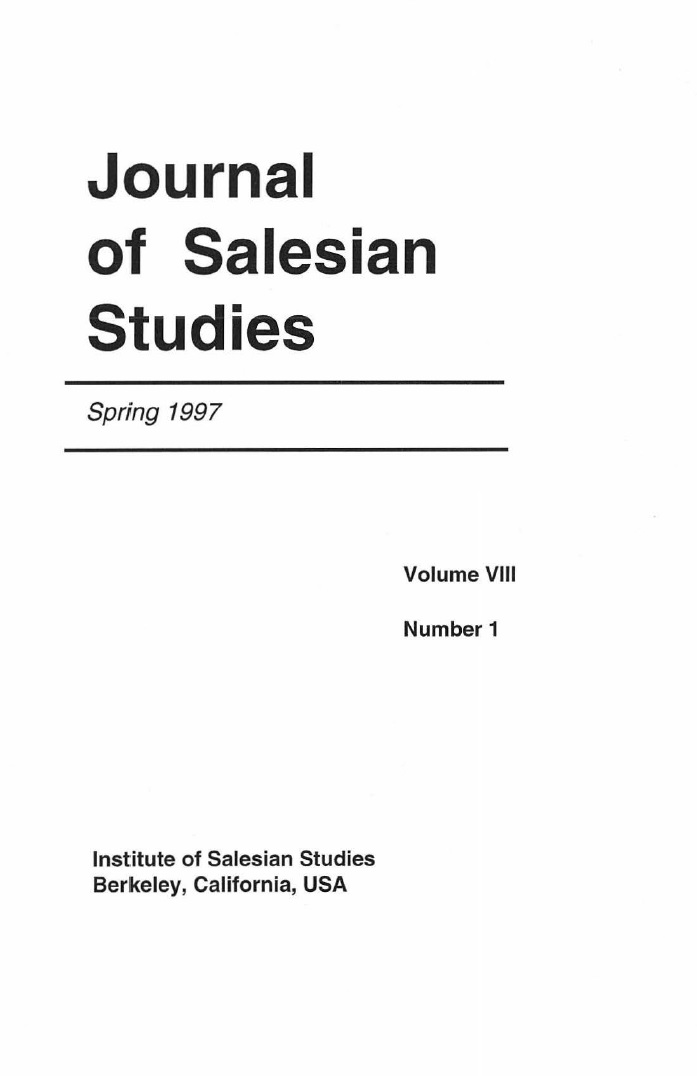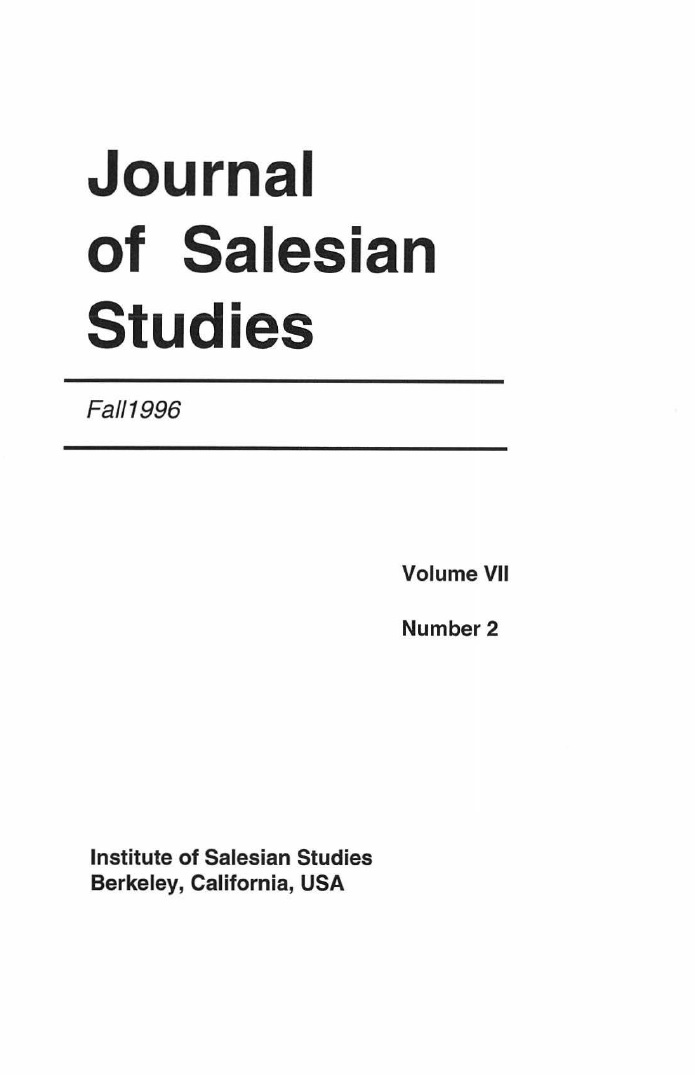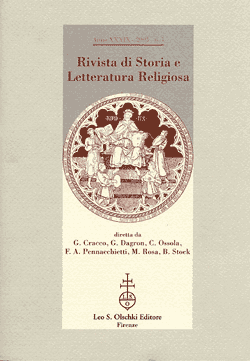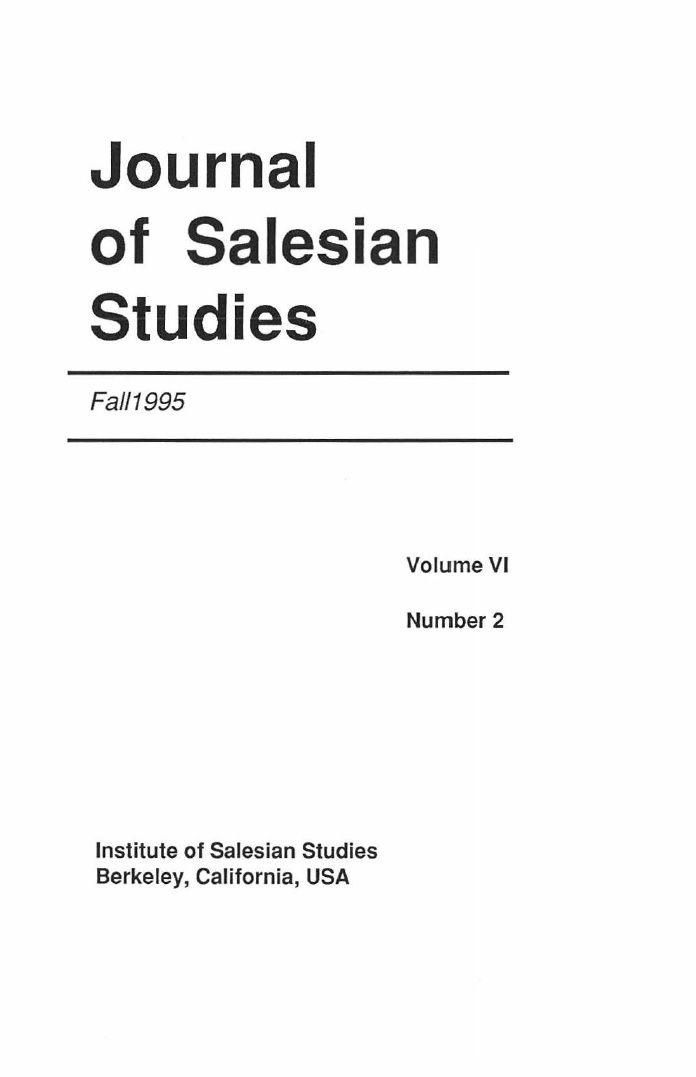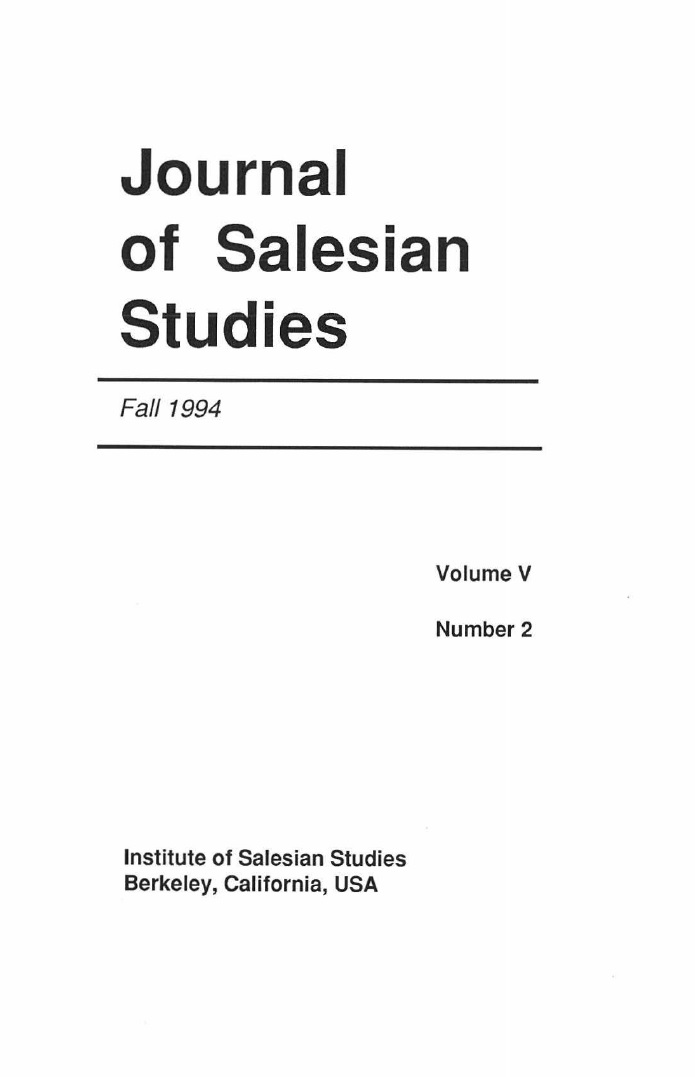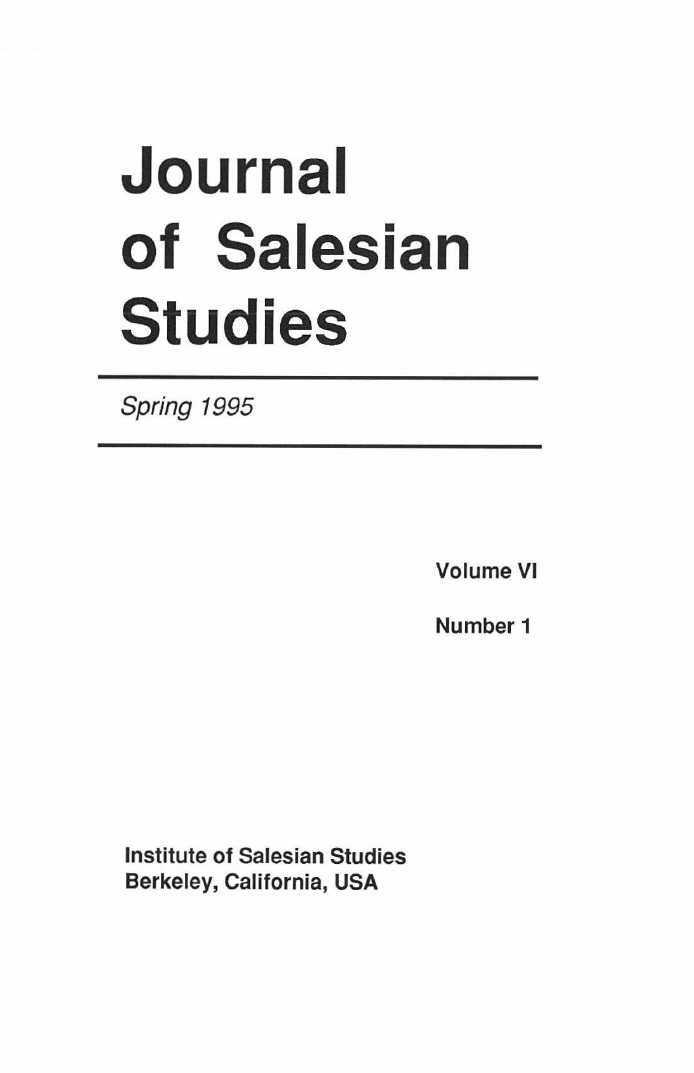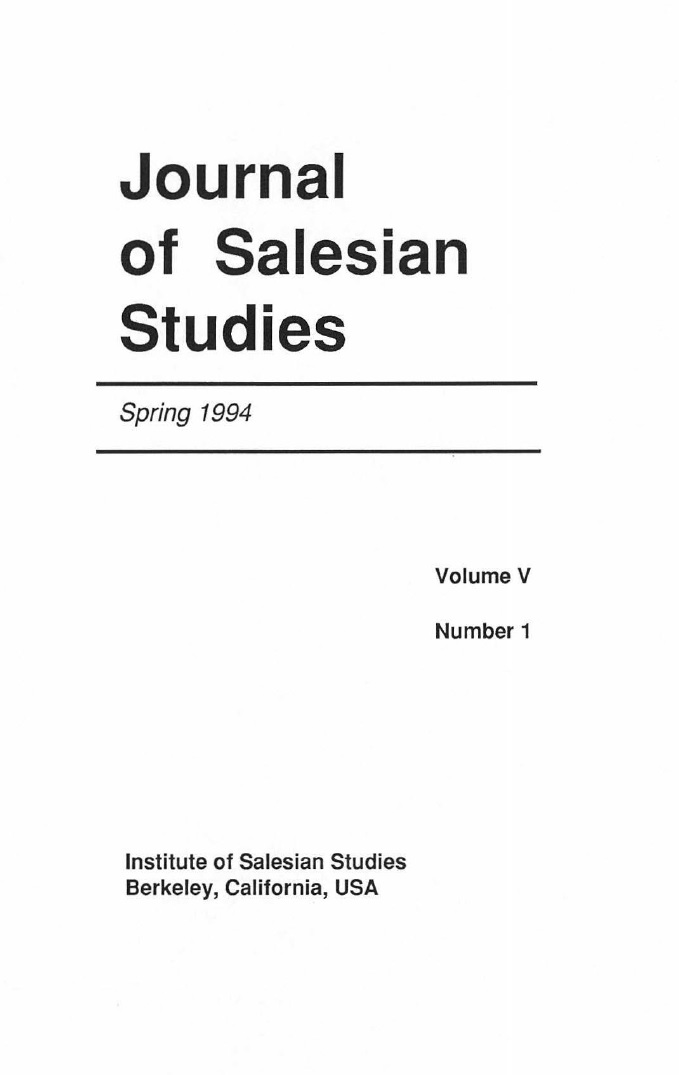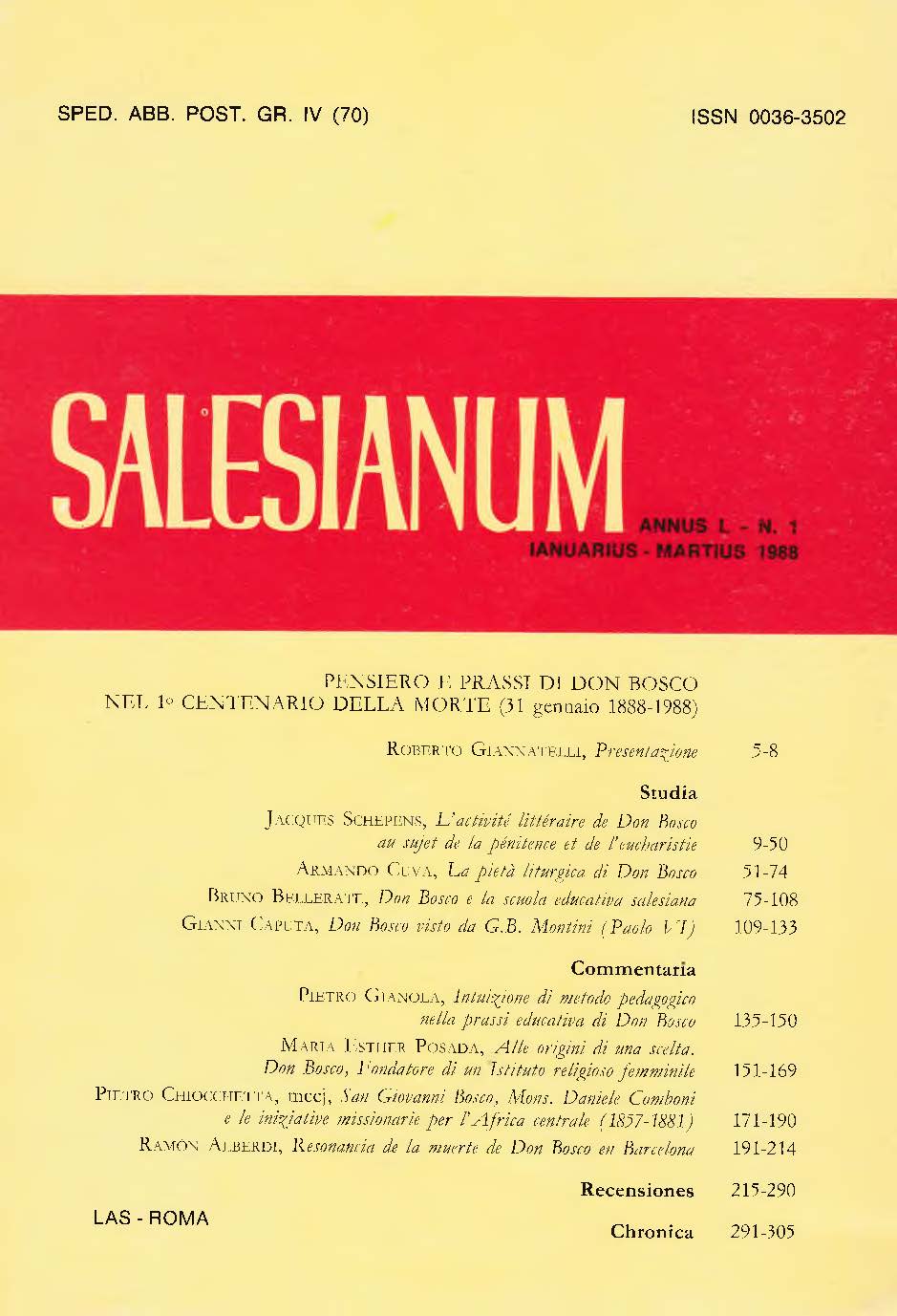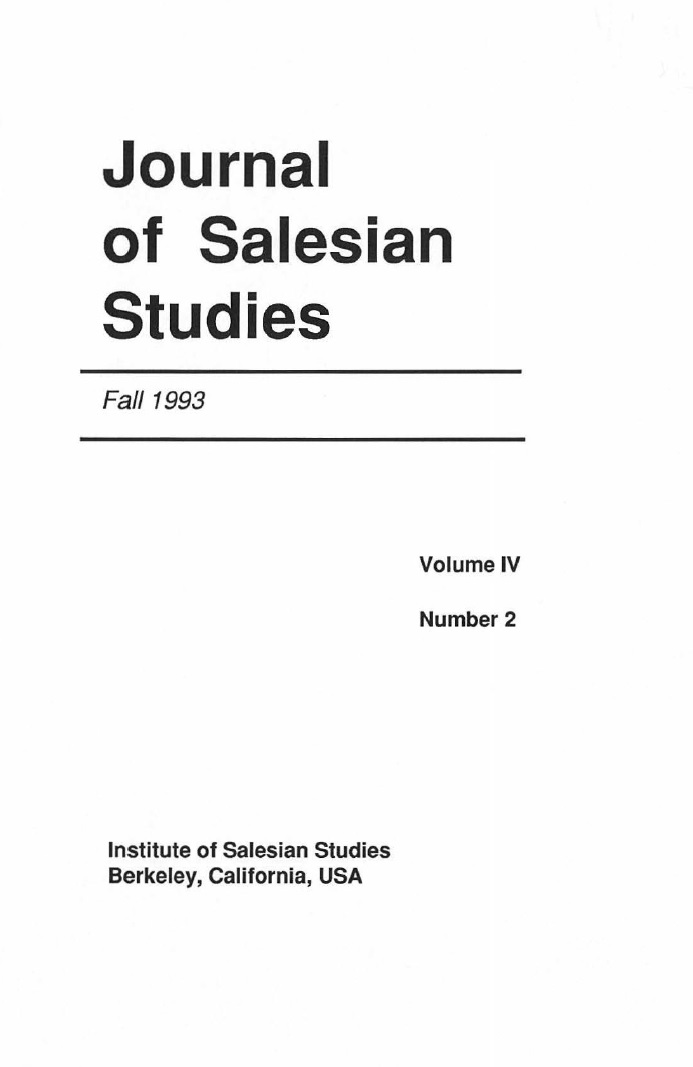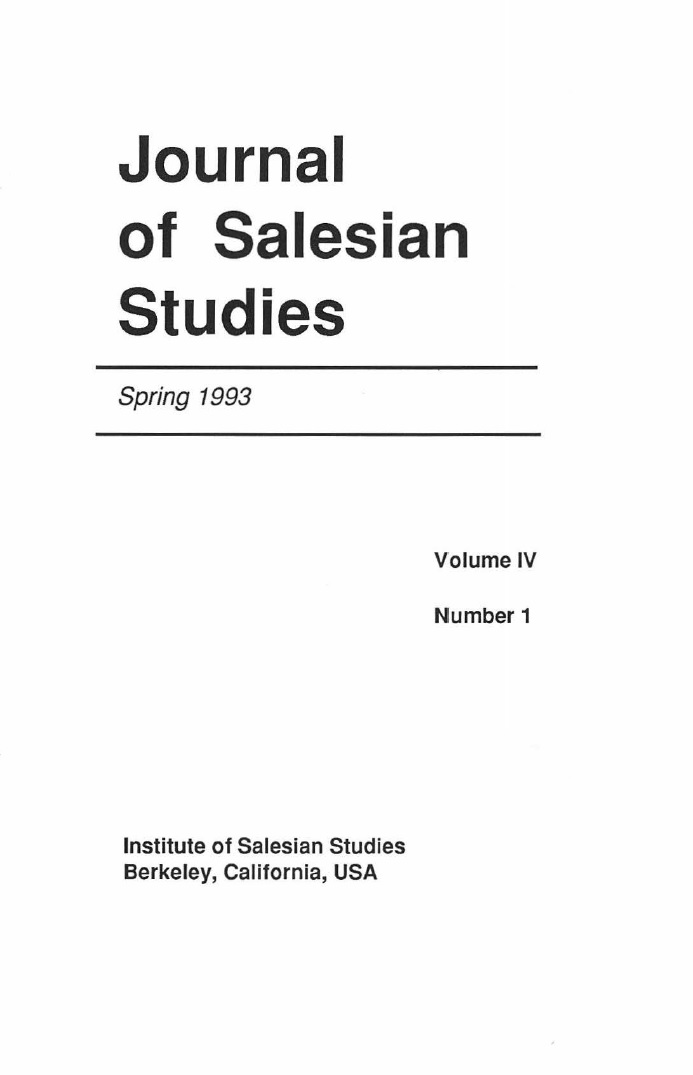Queste pagine, ravvivate dalla non rara citazione di autori dei primi del Novecento, come Turati, Treves, e della rivista Critica sociale, di storici ben noti, come Jemolo e Menozzi, dalla conoscenza di studi anche “laici”, ci presentano queste Figlie di Maria Ausiliatrice nel loro insieme: attive, coraggiose, vivaci, fedeli al proprio carisma salesiano, e insieme sensibili alle esigenze del momento. Continue reading “Grazia Loparco – Le Figlie di Maria Ausiliatrice nella società italiana (1900-1922). Percorsi e problemi di ricerca”

